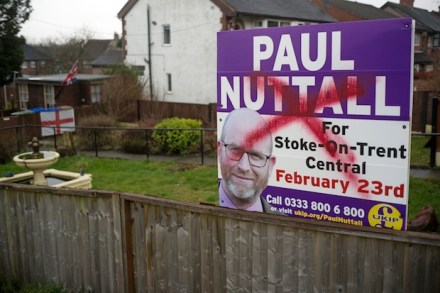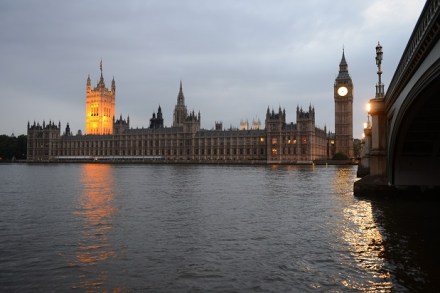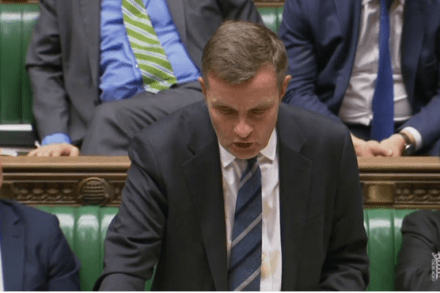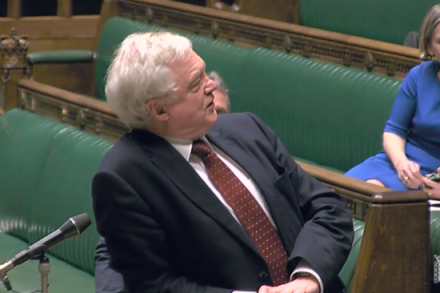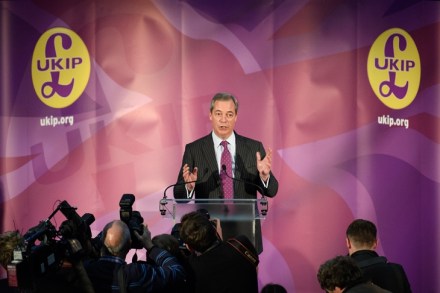Labour hold Stoke as Ukip and Nuttall fail to breakthrough
James Forsyth discusses the by-election results with Fraser Nelson and Isabel Hardman: Labour has avoided total electoral disaster and held the Stoke Central seat with a relatively comfortable majority of 2,620. The Labour vote share in the seat was only marginally down on the 2015 general election, which while not good for an opposition party does suggests that Brexit hasn’t taken as big a chunk out of Labour’s support in Leave voting seats as some are suggesting. Labour are trying to argue that their victory here marks a turning point in their attempt to see off the Ukip threat to them in Brexit voting seats in the Midlands and the
